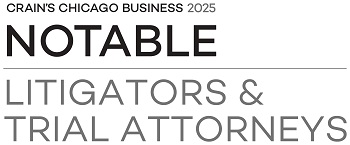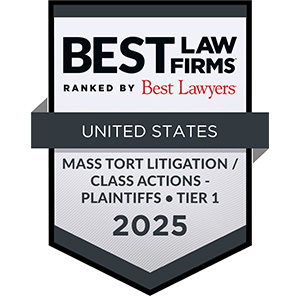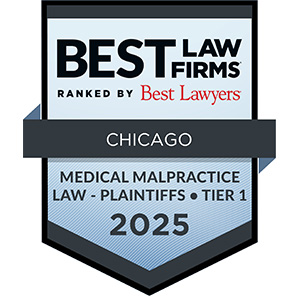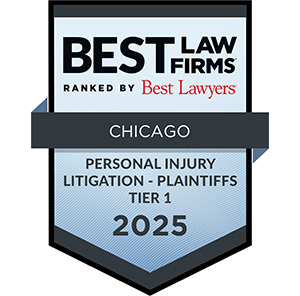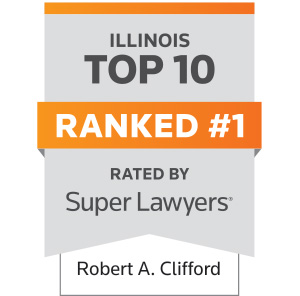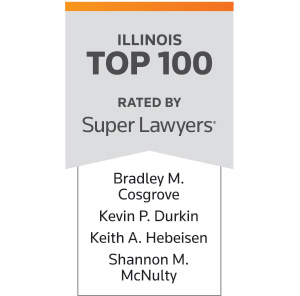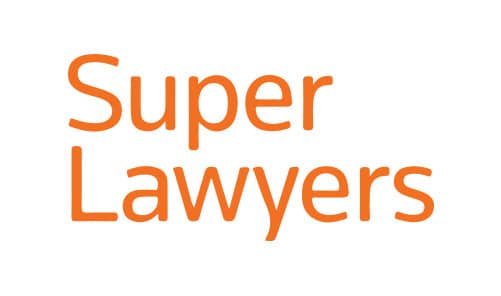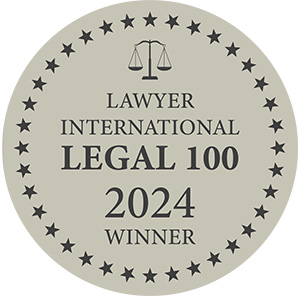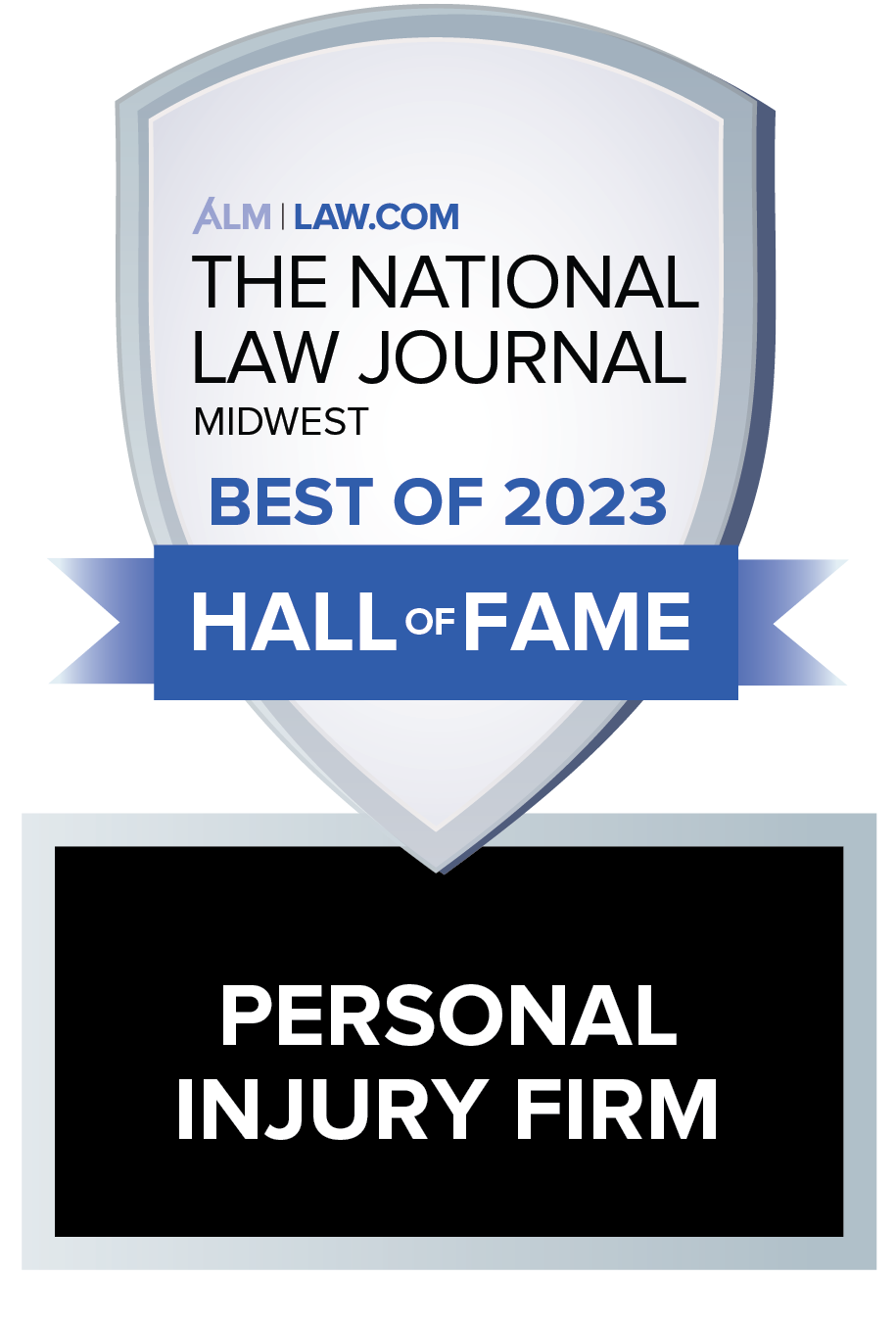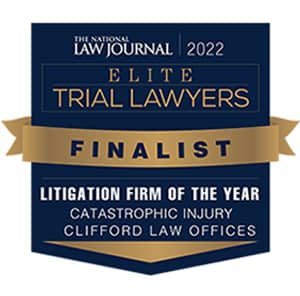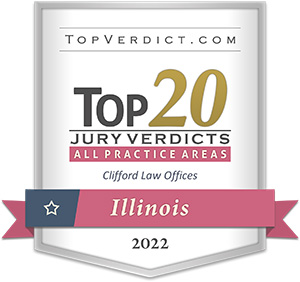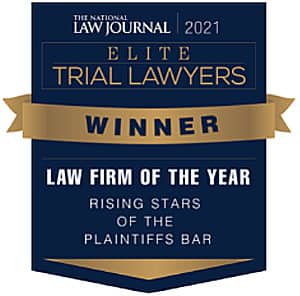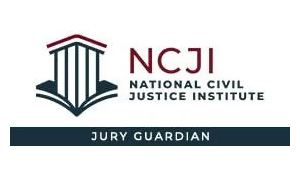What Is A Personal Injury Case?
Personal injury involves injury to an individual. This area of law allows an injured person to sue in a private action, known in the legal community as a tort action. This area of law also includes wrongful death. If you are successful, you can recover money damages for medical bills, lost income and other economic and noneconomic damages.
Below, we provide a general outline of the order of events in a personal injury case.
If you have questions about the terms used throughout this article, see the definitions section for additional information.
Where Everything Starts
It all begins with one important question – do I have a valid case?

The Case Begins…
Before a situation can truly be called a lawsuit, a few things must happen:

What Does ‘Discovery’ Mean?
After the initial case documents are filed, a process known as discovery begins:

Ending A Case Before Trial Even Begins
Not all cases go to trial; there are many points at which a case can be resolved with a trial or a trial verdict ever becoming necessary. This typically occurs through pretrial motions or through a settlement agreement.


In The Courtroom
If a case cannot be resolved, a trial will be necessary. When that happens, the following will usually happen:

After The Verdict
Just because the trial is over, the case itself may not be.

Still have questions? Do you have a possible case and want to know more about what to expect? Contact Clifford Law Offices at (312) 899-9090 to learn more.
Personal Injury Terms Defined
Tort: A body of rights, obligations and remedies applied by courts to provide relief for persons who have suffered from wrongful acts of others.
Wrongful Death: When a deceased person’s estate brings a legal action against the negligent parties.
Noneconomic Damages: A money sum intended to compensate an injured party or its estate for injuries and losses that are hard to quantify, such as pain and suffering, disability, physical and emotional distress, disfigurement, and loss of a normal life.
Pleadings: Written allegations of what is affirmed on the one side or denied on the other.
Plaintiff: A person who files a civil lawsuit initiating a legal action in court.
Defendant: The party named in a plaintiff’s complaint against whom relief or recovery is sought.
Motion: An application made to a court or judge to obtain a ruling or order directing that an act be done in favor of the applicant.
Liable: Describing the condition of being actually or potentially subject to a legal obligation


